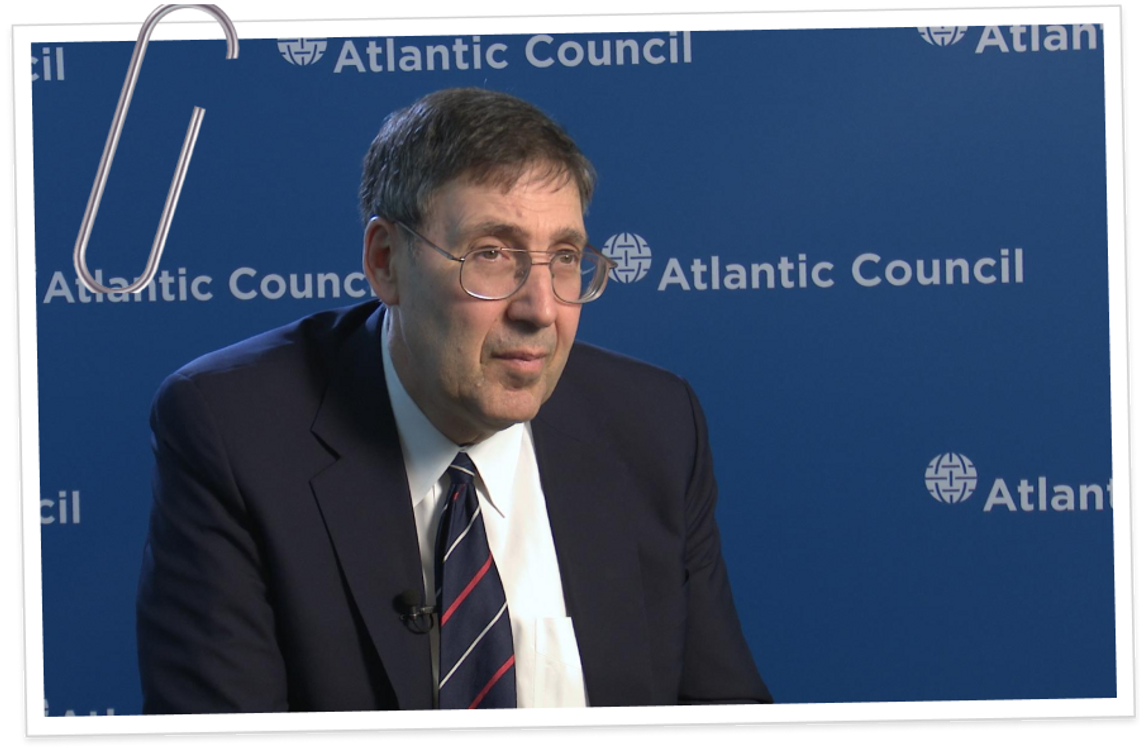 Hamad Al Kaabi/UAE Presidential/Reuters Hamad Al Kaabi/UAE Presidential/ReutersTHE NEWS Syria’s Bashar al-Assad has been on a diplomatic comeback tour this year, rebuilding ties with many of the Arab neighbors who had previously shunned the dictator over his criminal civil war tactics. But now, lawmakers in Washington are eying legislation aimed at ending his regime’s international rehabilitation. The Assad Anti-Normalization Act would formally bar any U.S. administration from recognizing the Syrian strongman’s government, and would tighten sanctions meant to isolate him from the world stage. The bill is backed by a bipartisan group that includes Rep. Michael McCaul, R-Texas, the influential chair of the House Foreign Affairs Committee. On Tuesday, it unanimously won a key subcommittee vote. “The United States must use all of our leverage to prevent normalization with the war criminal Bashar al-Assad,” McCaul said in a statement to Semafor. “We remain committed to ensuring the Syrian people receive justice and have a say in mapping their own future.” JAY’S VIEW The new bill may in fact be the last, best hope to reverse recent steps countries have taken toward normalizing a leader who’s guilty of overseeing some of the worst atrocities against civilians since the Second World War. In March, the ruler of the United Arab Emirates greeted Assad with 21-gun salute; today, the Arab League is formally welcoming him back to its ranks during a summit in Jeddah. Meanwhile, the UAE announced this week that it had invited Assad to the December COP28 UN conference on climate change in Dubai, where Syria’s dictator could be potentially mixing with President Joe Biden and other Western leaders who repeatedly called for his removal over the past decade. But the legislation could also place Washington on a collision course with key Middle East allies who now argue that engaging Assad is the only way to end the Syrian civil war and support millions of displaced Syrians still at risk from the conflict. The new bill seeks to strengthen the Caesar Act, which Congress first enacted in 2019 to deny Assad’s regime funding for its rehabilitation. A particularly onerous provision in the new bill would require the U.S. government to scrutinize any financial dealings with Syria of more than $500,000 by entities in the UAE, Saudi Arabia, and Turkey — whether they involve reconstruction aid or business transactions — and potentially sanction them. For now, members of Congress don’t seem to be worried about ruffling feathers in the Arab world. “We appreciate our allies and partners in the Middle East but we believe they are going down the wrong path,” Rep. Joe Wilson, R-S.C., one of the bill’s lead authors, told Semafor in a statement. “I hope this legislation sends the message fast to our Arab partners and dissuades them from further engagement before it is too late.” THE VIEW FROM THE WHITE HOUSE The Biden administration has yet to take a position on the anti-Assad bill, but has been notably muted in its criticism of the Arab states’ outreach to the despot. “While we are skeptical of Assad’s willingness to take the steps necessary to resolve … Syria’s crisis, we are aligned with our Arab partners on the ultimate objectives,” White House spokeswoman, Karine Jean-Pierre, said at a briefing last week. The Biden administration itself has held secret meetings with Syrian officials in recent months, according to U.S. and Arab diplomats, specifically aimed at finding a kidnapped American journalist, Austin Tice — who is believed to be held by Assad’s regime. One of these meetings was in Oman, according to The Wall Street Journal. Assad is seeking to use these talks, according to Syria analysts, to force the U.S. to pull back its remaining forces from northern Syria and relax American sanctions. STEP BACK The U.S., Europe, and the Middle East had been united for much of the past decade in their shared belief that the international community should never accept Syria’s ruler, due to his use of chemical weapons, bombings of civilian hospitals, and other war crimes. Washington even collaborated with the Saudis and Emiratis to back anti-Assad rebels after their revolution gained momentum in 2011. This consensus frayed as the Syrian civil war dragged on and Iran, Russia, and China expanded their influence across the Middle East. Confidence in U.S. leadership also buckled after President Barack Obama’s 2013 backtracking on his pledge to strike Assad’s forces if they used chemical weapons. Syrian rebels actually appeared close to capturing Damascus in 2015. But these advances prompted Iran’s Islamic Revolutionary Guard Corps and Russia to jointly deploy their militias and air force to rescue Assad, their long-standing ally. Russian fighter jets and Iranian-backed militias remain in Syria to this day. China’s growing diplomatic role in the Middle East has also bolstered Assad and begun to insert a wedge between Arab states and the West. In recent months, Beijing brokered a normalization of relations between Iran and Saudi Arabia. According to officials briefed on the talks, Tehran pressed for Assad’s rehabilitation as part of this broader diplomatic pact. Experts involved in the anti-normalization legislation told Semafor that it’s about much more than just Syria. They argue that if Russia, China and Iran can bend the international community to their will by normalizing a war criminal like Assad, they could seek to strong-arm countries into accepting Moscow’s actions in Ukraine or a potential Chinese invasion of Taiwan. “The United States must hold accountable all those who normalize and empower the criminal Assad regime, otherwise we send a message to every dictator in the world that they too can commit mass atrocities and be accepted by the international community,” said Mouaz Moustafa, executive director of the Syrian Emergency Task Force, which helped in the drafting of the bill. ROOM FOR DISAGREEMENT Emirati and Saudi leaders publicly argue that the past decade of confronting Assad divided Arab nations, led to the dismemberment of Syria, and caused the deaths of hundreds of thousands of civilians. The U.S. has also signaled its intent to lessen its military footprint and commitments in the Mideast. As a result, engaging Assad directly presents the best option, they say. “Syria has been absent from its brothers for too long, and the time has come for it to return to them and to its Arab surroundings,” the UAE’s ruler, Mohammed bin Zayed al-Nahyan, told Assad during their March meeting, according to state media. The UAE and Saudi embassies didn’t respond to requests from Semafor for comment on Capitol Hill’s anti-Assad legislation. But Arab officials involved in U.S. policy said it’s unclear if the bill will pass Congress and that they don’t believe it will seriously undermine relations with Washington long term, due to shared interests in collaborating on issues like energy policy, climate change, and the threat of Iran’s nuclear program. One senior Arab official told Semafor the process of normalization with Assad is irreversible. NOTABLE - European governments, including Germany, the Netherlands and Sweden, have tried and convicted Syrian officials in recent years for their role in committing war crimes.
- The U.S. Treasury recently sanctioned members of the Assad family for allegedly trafficking billions of dollars worth of an amphetamine, called Captagon, into the wider Middle East and Europe.
| 






